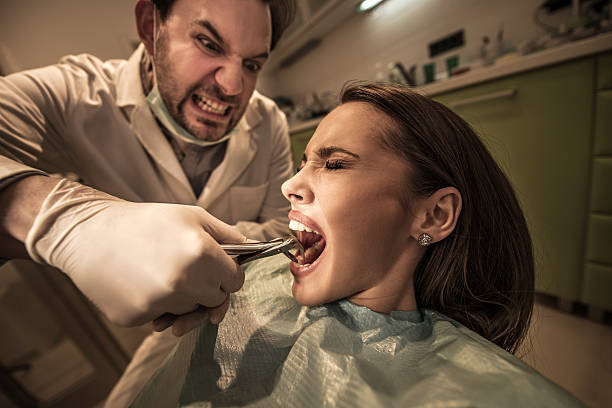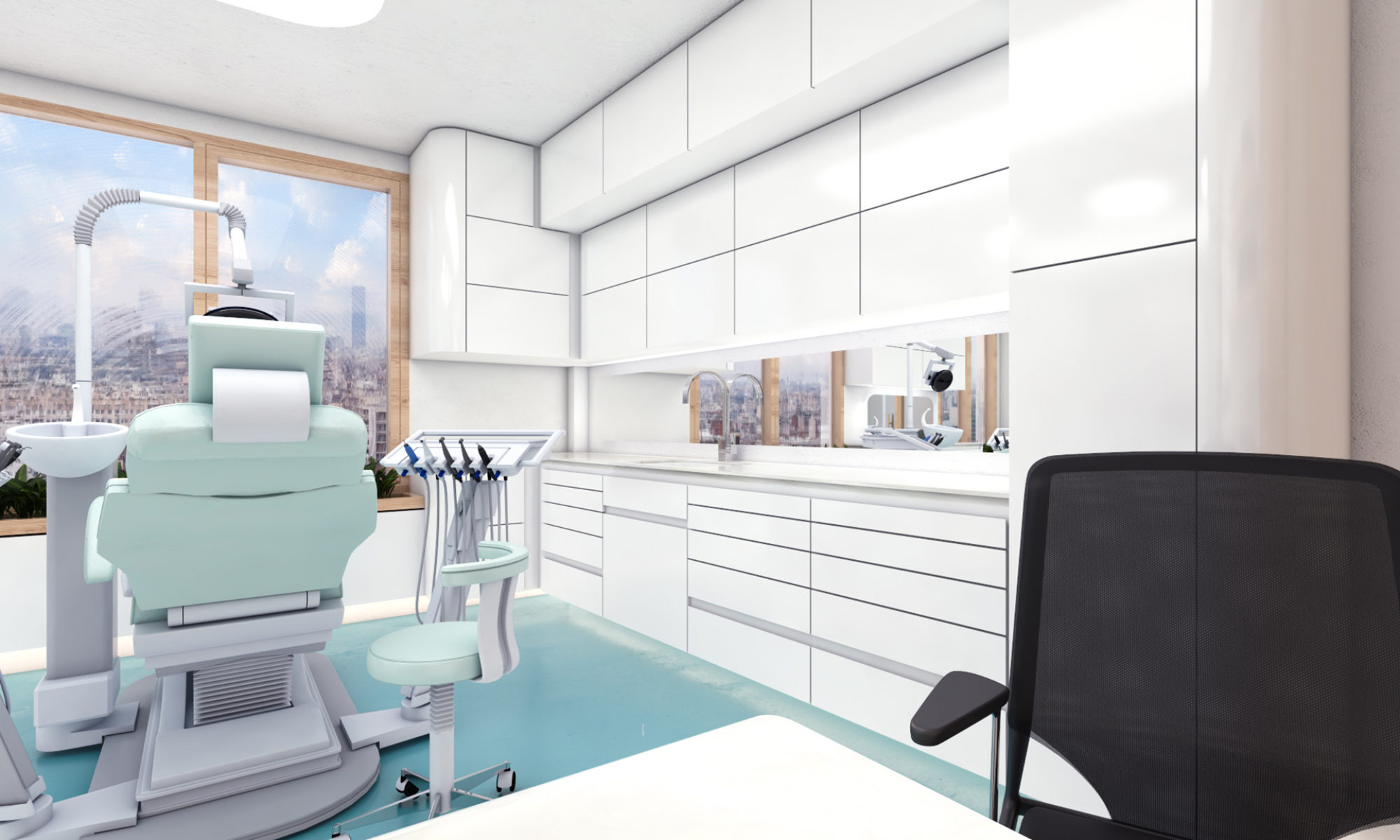The great detective Hercule Poirot urged to listen carefully to the interlocutors: he believed that when a person says something, he gives himself away. And this applies not only to secular conversations, but also to the choice of specialists to whom we trust our health.

- “We did this back in 1990!”
Dentistry, like medicine in general, does not stand still. But individual professionals are trampling on the very patch where they were caught by the presentation of the diploma. If, of course, you want to save as much as possible on your health, you can put, for example, a chemical filling instead of a light-cured one for free. However, good doctors do not cling to the punitive traditions of Soviet dentistry, but willingly apply new, advanced methods in practice – from laser to 3D diagnostics. - “I can’t tell you the price yet – everything is individual”
And then patients urgently need corvalol and valerian when they are shown the bill. In fact, the doctor has access to price lists for all the services he provides. If a doctor says that he knows nothing about prices, he is, to put it mildly, disingenuous. The professional is honest in everything – including the cost of treatment. Moreover, he should recommend you several options for solving the problem – both expensive and budget. - “So, I don’t see any problems. Are you sure you’re in pain?”
Visual inspection – and that’s it? When a piece of a tooth has broken off, then the naked eye may be enough. However, if you came with a complaint of hellish pain in half of the jaw, then the refusal to carry out x-ray diagnostics is an argument in favor of immediately leaving the doctor alone with the dental chair. A good dentist not only examines the image before treatment, but also, if necessary, checks the result after, for example, when filling canals. In the absence of proper diagnostics, you can easily miss a serious problem. - “Everything is very bad: two caries, pulpitis, removal”
The opposite situation is when the doctor suddenly finds so many caries and other diseases in your mouth that it is not clear how you lived to your age. Most often, such unexpected discoveries are also accompanied by a refusal to show, at least on an x-ray, where all this horror is hiding.
The goal is to swindle you out of as much money as possible for the treatment of healthy teeth. This is how you can distinguish a bad doctor from a good one: an honest specialist will always show the real condition of the teeth and gums using an intraoral video camera. When you yourself see in 56-fold magnification what caries has reached on the seven from below, the doctor will not need to convince you of anything.
- “No need to tell, let me see for myself”
So, you did something, and after the treatment it got worse or the filling scratches your cheek, the braces do not allow you to close your mouth, and from bleaching you want to bang your head against the wall. A good dentist will always say a magic phrase at the end of the appointment: “If something bothers you, contact me immediately!” If you experience discomfort, the doctor will try to find its cause, and not put you out the door in order to quickly deal with a new patient.
The same rule applies to your individual characteristics: hypersensitivity of teeth and gums, drug intolerance and even a panic fear of a drill. The professional will never dismiss the information that the patient tells him.
- “There is no point in treating, only removal”
The goal of a good dentist is to preserve the maximum number of natural teeth in a patient. Tooth extraction is almost always a last resort. The doctor must argue why this tooth needs to be removed, which brings us back to the question of the intraoral camera, x-rays and detailed answers to all the patient’s questions. Acute excruciating pain may turn out to be pulpitis, which is now successfully treated by keeping the tooth in its proper place. When the dentist sends a little for removal, it is better to look for another doctor. - “We cannot do without these procedures. Yes, yes, they are not cheap, but there is no other way.
There is another category of doctors who avoid intraoral video cameras like hell incense. Those who certainly want to treat you for a long time, a lot and with the help of the most expensive techniques, devices and materials.
Yes, modern technologies are a good thing: such treatment is faster and more comfortable, and gives a reliable, long-term result. But only you have the right to decide whether you want to use these super-sophisticated technologies or it is better to do everything the old fashioned way. It is unacceptable to blackmail a patient with his life and health! It is also important to remember that the doctor should always offer alternative treatment: either traditional methods or modern ones. And the choice is yours.
- “You shouldn’t be hurt, don’t make it up!”
Favorite phrase with which the tooth torment of our mothers and grandmothers began! Now – a good reason to never again cross the threshold of the office where such a “specialist” sits. In modern dentistry, a wide range of painkillers is used, including those without adrenaline, which can be injected even for pregnant women in the second trimester. A good dentist will always select the drug that is necessary in your case and make sure that you do not wriggle in pain. - “Sorry, pregnant women are not allowed anesthesia”
And here it is not. Long gone are those wild times when a toothache during pregnancy had to either endure or be treated without anesthesia. Of course, there are procedures that future mothers cannot undergo: for example, installing an implant, removing complex eights, or performing a teleroentgenogram. But, despite the special care that should be taken when treating the teeth of pregnant women, doctors, armed with modern techniques and methods, will always find a way to help. A doctor who, having learned about your “interesting situation”, changes his face and refuses to look for ways to solve the problem – this is not your option. - “All these pieces of paper only powder brains”
The presence of diplomas and certificates is not always a 100% guarantee of high professionalism. But nevertheless, if you are going to surrender to a doctor for a complex operation, say, installing an implant, then it is better to choose a specialist who has received a certificate confirming his knowledge and skills. It is especially good if this very “piece of paper” is an international class document issued by an implant manufacturing company.
